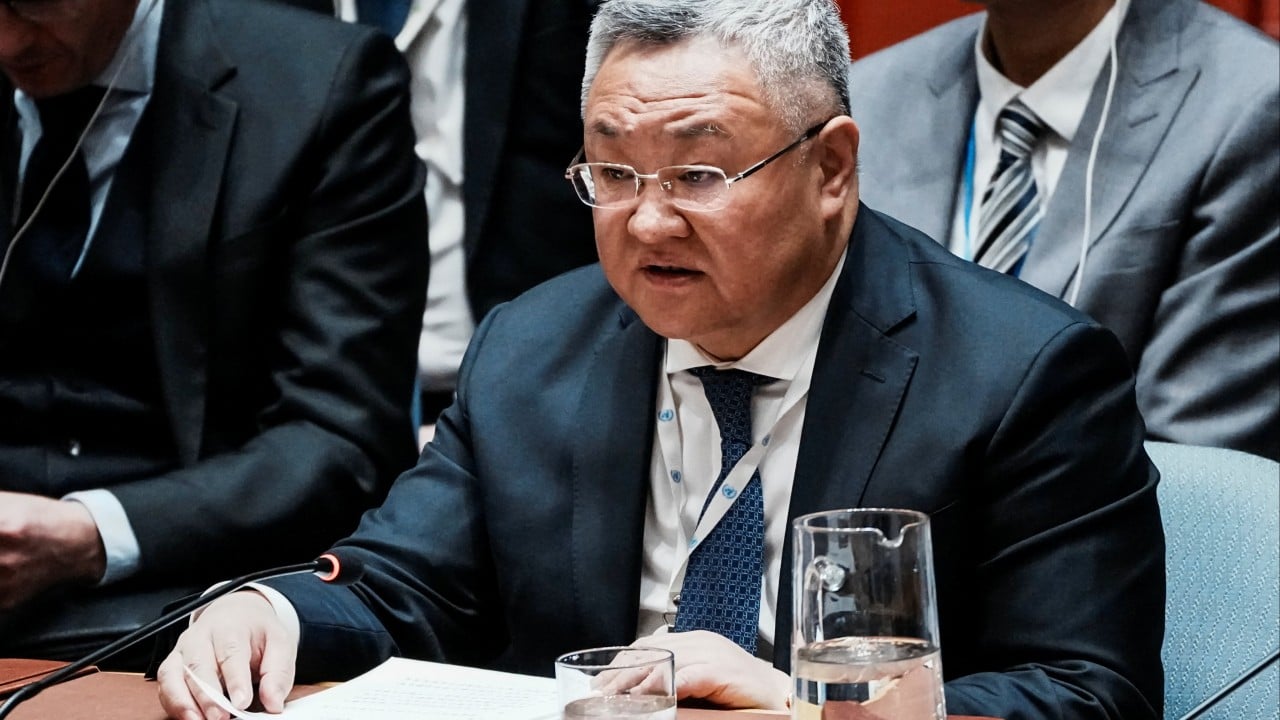In a span of just four days last week, Beijing’s envoy to the United Nations criticised Japan – and its leader’s comments related to Taiwan – twice.
Advertisement
Fu Cong first said, during a debate on reforming the UN Security Council on Tuesday, that Tokyo was “totally unqualified” to seek a permanent seat on the group, calling Japanese Prime Minister Sanae Takaichi’s earlier comments on Taiwan “brazen” and “provocative”.
Takaichi on November 7 suggested that Japan could deploy its military forces in the event of a conflict in the Taiwan Strait, the first time a sitting Japanese prime minister had made such remarks.
Then, on Friday, Fu wrote to UN chief Antonio Guterres in a letter that described Takaichi’s comments as “gravely erroneous” and having a “profoundly malicious nature and impact”, saying it was “the first time Japan has issued a threat of force against China, openly challenging China’s core interests”.
While Fu reiterated Beijing’s position on Taiwan at the UN last week, the issue was notably absent from the recent G20 summit in South Africa, an event attended by both Takaichi and Chinese Premier Li Qiang.
According to diplomatic observers, Beijing has increasingly viewed the UN – as compared to other multilateral forums – as a platform to “anchor” its position on Taiwan, particularly because it offered a wider reach, including to countries across the Global South.
Advertisement
But Beijing is severely constrained in its options to compel Japan to walk back the remarks, according to one analyst.


